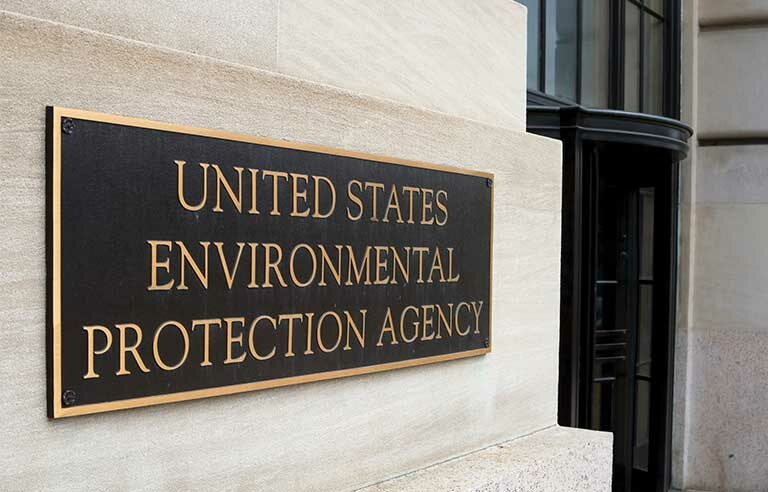EPA moves to fast-track evaluation of five chemicals under updated TSCA

Washington – The Environmental Protection Agency will fast-track the evaluation of five persistent, bioaccumulative and toxic chemicals under requirements established by the Frank R. Lautenberg Chemical Safety for the 21st Century Act, which was signed into law in June.
The chemicals are:
- Decabromodiphenyl ethers (DecaBDE) – a flame retardant used in textiles, plastics and polyurethane foam
- Hexachlorobutadiene (HCBD) – used in the manufacturing of rubber compounds and lubricants, and as a solvent
- Pentachlorothio-phenol (PCTP) – an agent used to make industrial rubber more pliable
- Tris (4-isopropylphenyl) phosphate – used as a flame retardant in consumer products and other industrial uses
- 2,4,6-Tris(tert-butyl)phenol – a fuel, oil, gasoline or lubricant additive
These chemicals can linger in the environment for extended periods of time while accumulating in the tissues of exposed organisms. They also “can transfer among air, water, and land, and span boundaries of geography and generations,” EPA stated in a press release.
The act amended the Toxic Substances Control Act by mandating EPA evaluate existing chemicals under specific deadlines. The legislation establishes specific protections for “potentially exposed or susceptible subpopulations … such as infants, children, pregnant women, workers, or the elderly.”
Only five of 62,000-plus existing chemicals have been banned since TSCA was enacted in 1976.
“The new law directs us to expedite action to reduce risks for these chemicals, rather than spending more time evaluating them,” Jim Jones, assistant administrator for EPA’s Office of Chemical Safety and Pollution Prevention, said in the release.
EPA’s statutory deadline for proposed action is June 22, 2019.
Post a comment to this article
Safety+Health welcomes comments that promote respectful dialogue. Please stay on topic. Comments that contain personal attacks, profanity or abusive language – or those aggressively promoting products or services – will be removed. We reserve the right to determine which comments violate our comment policy. (Anonymous comments are welcome; merely skip the “name” field in the comment box. An email address is required but will not be included with your comment.)

